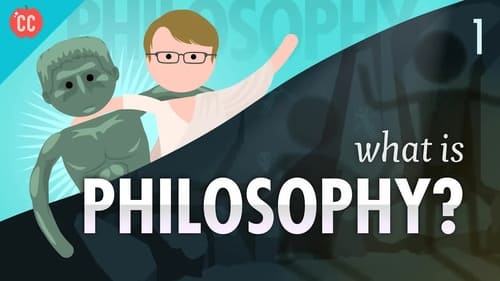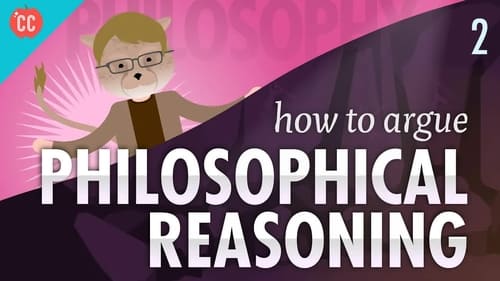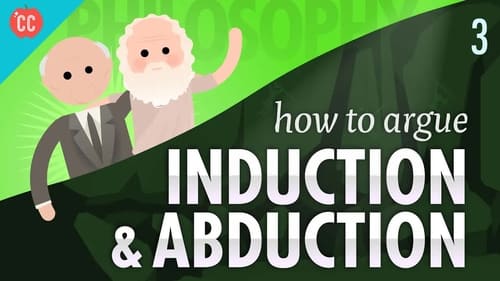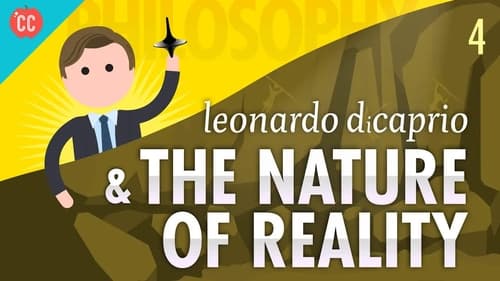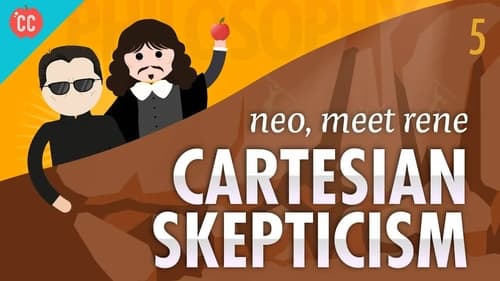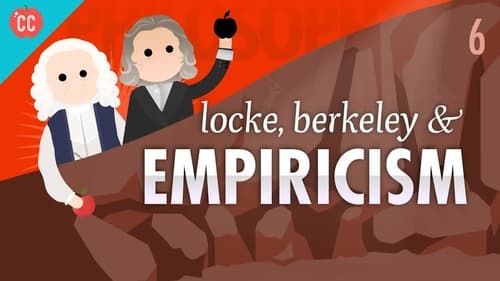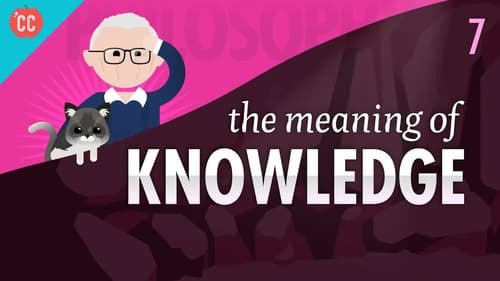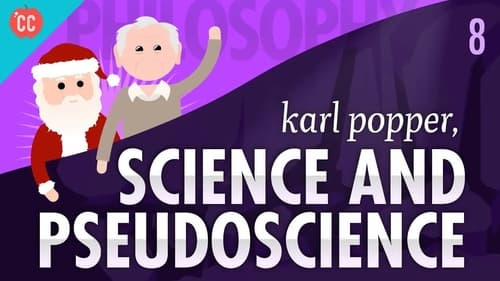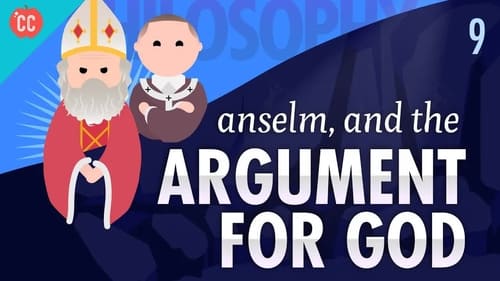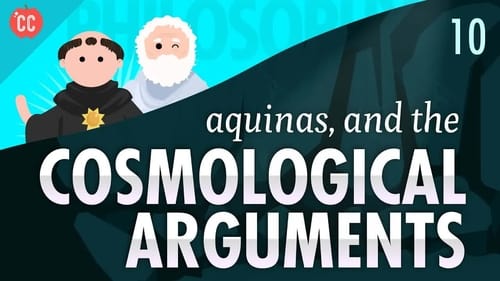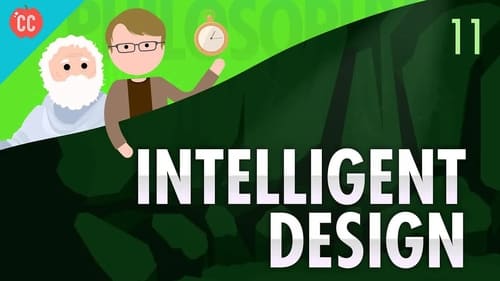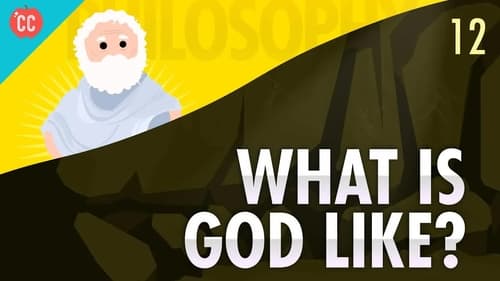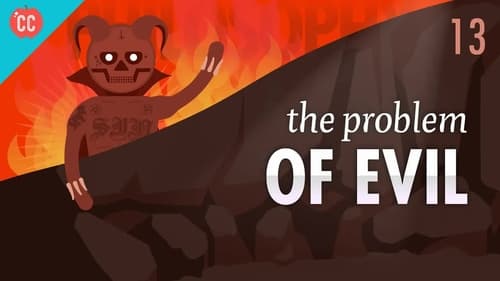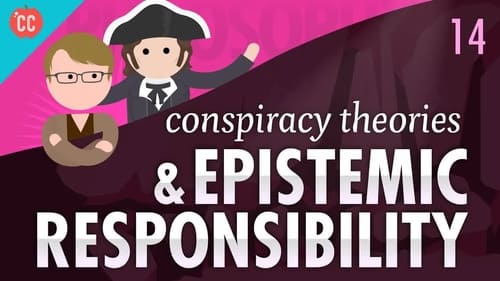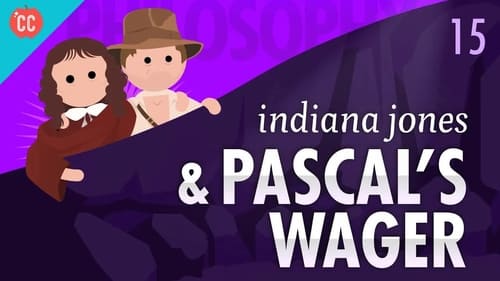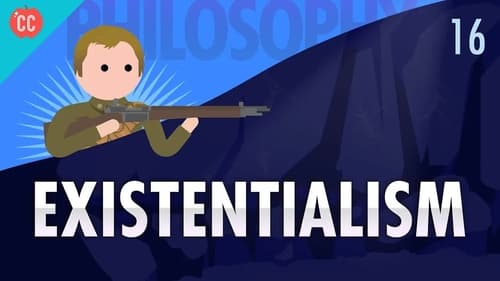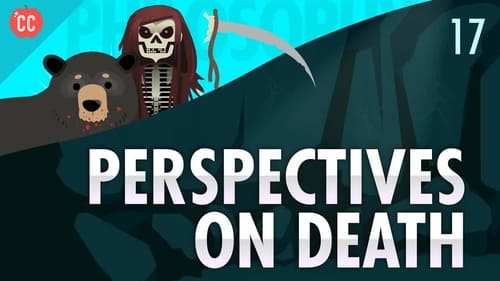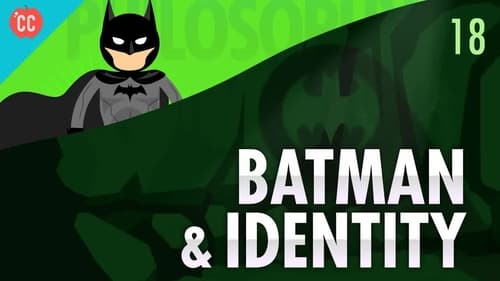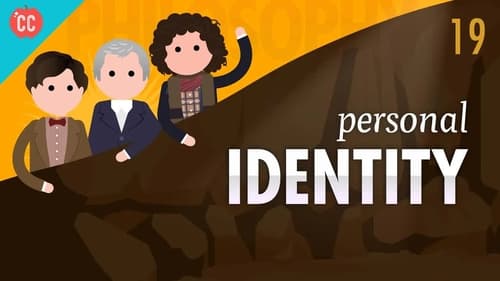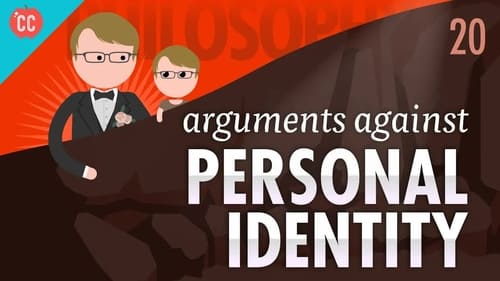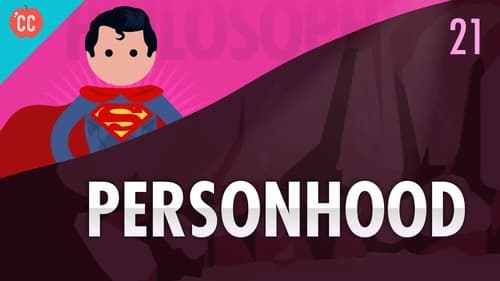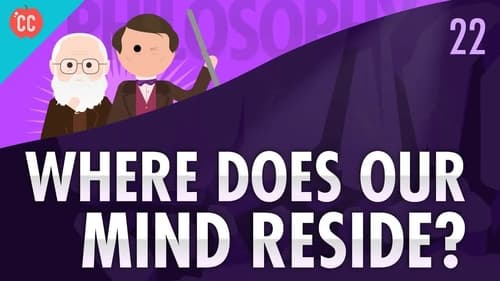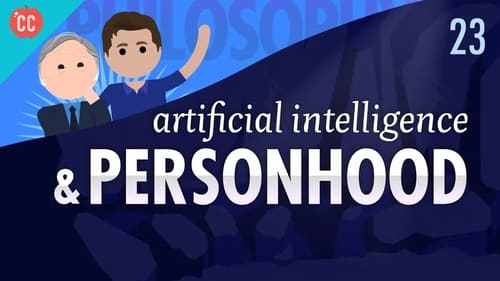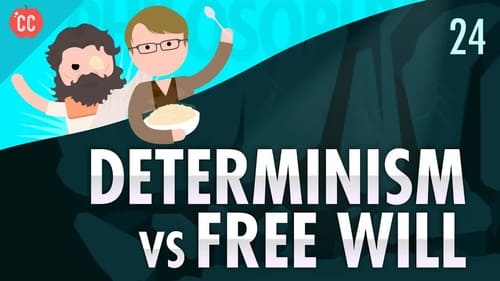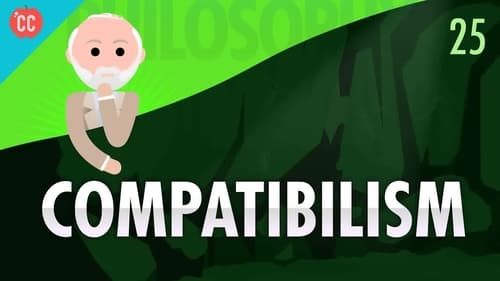
Documentary

The Best Episodes of Crash Course Philosophy Season 1
Every episode of Crash Course Philosophy Season 1 ranked from best to worst. Discover the Best Episodes of Crash Course Philosophy Season 1!

The Best Episodes of Crash Course Philosophy Season 1
Documentary
Every episode of Crash Course Philosophy Season 1 ranked from best to worst. Discover the Best Episodes of Crash Course Philosophy Season 1!
Hank begins to teach you about Philosophy by discussing the historical origins of philosophy in ancient Greece, and its three main divisions: metaphysics, epistemology, and...
Seasons1
Season 1 Ratings Summary
"What is Philosophy?" is the best rated episode of "Crash Course Philosophy" season 1. It scored 8.1/10 based on 11 votes. Directed by Unknown and written by Unknown, it aired on 2/8/2016. This episode is rated 0.3 points higher than the second-best, "How to Argue - Philosophical Reasoning".
